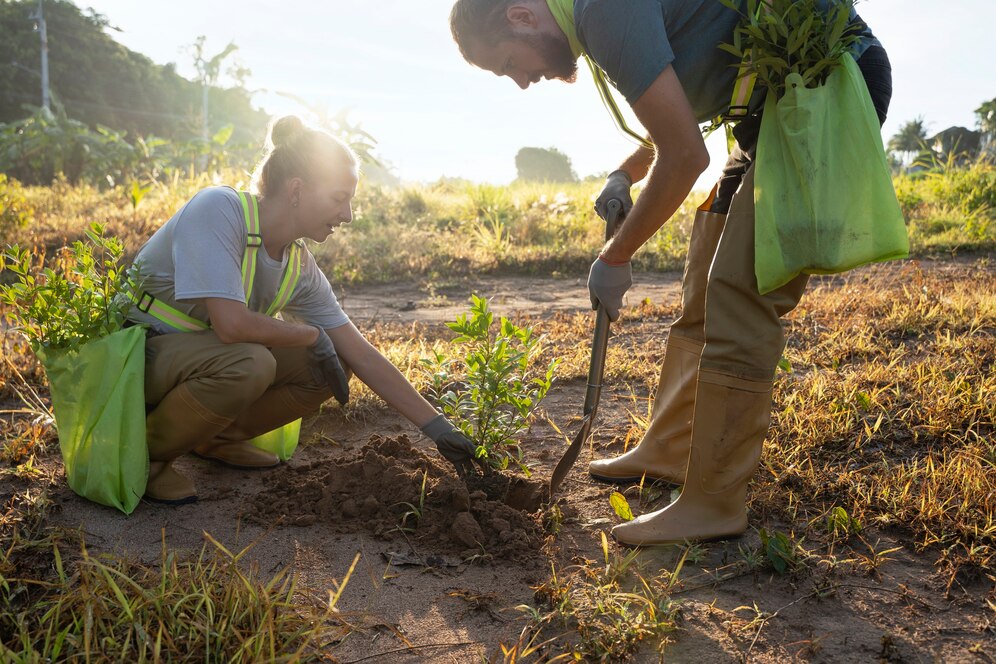Non-Governmental Organizations (NGOs) promotes sustainability and ethical practices within various industries, including sugar production. In the realm of sugar certification, NGOs are instrumental in advocating for responsible practices. Partnering with industry stakeholders, and ensuring accountability. In this blog post, we will delve into the significant role of NGOs in sugar certification. Highlighting their involvement, advocacy efforts, partnerships with industry players, tracking improvements, and mechanisms for reporting and accountability.
NGO Involvement
Non-Governmental Organizations are actively participate in sugar certification processes, contributing their expertise and resources to promote sustainability and ethical standards. These organizations often collaborate with certifying bodies, governments, and industry stakeholders to develop certification standards and guidelines. These addresses environmental, social, and economic concerns. NGOs also play a vital role in raising awareness among consumers and businesses. This talk about the importance of choosing certified sugar products. By educating stakeholders about the benefits of certification and the impact of their purchasing decisions. NGOs help drive demand for ethically sourced sugar.
Advocacy and Campaigns
NGOs engage in advocacy and campaigns to promote responsible sugar production practices and hold industry players accountable for their actions. These efforts may include lobbying for policy changes, raising public awareness about social and environmental issues. Pressuring companies to adopt sustainable practices. Through advocacy and campaigns, NGOs amplify the voices of marginalized communities. It was affected by sugar production and advocate for their rights and interests. By mobilizing public support and media attention, NGOs can influence industry practices and drive positive change.
Partnering with Industry
NGOs often partner with industry stakeholders, including sugar producers, manufacturers, retailers, and trade associations, to promote sustainability and ethical practices throughout the supply chain. These partnerships may involve collaboration on sustainability initiatives, implementation of certification standards, and joint projects to address common challenges. By working together, NGOs and industry partners can leverage their respective strengths and resources to achieve shared goals, such as reducing environmental impact, improving working conditions, and enhancing transparency in the supply chain.
Tracking Improvements
NGOs play a crucial role in tracking improvements in sugar production practices and assessing the effectiveness of certification programs. Through research, monitoring, and evaluation, NGOs collect data on key performance indicators related to sustainability, such as carbon emissions, water usage, and labor standards. By tracking improvements over time, NGOs can identify areas for further action and measure the impact of their advocacy efforts. This data also helps inform decision-making by certifying bodies, governments, and industry stakeholders, ensuring that certification standards remain relevant and effective.
Reporting and Accountability
Finally, NGOs promote transparency and accountability in sugar certification by reporting on industry practices and holding stakeholders accountable for their commitments. NGOs publish research reports, case studies, and annual assessments that document progress toward sustainability goals and highlight areas of concern. By shining a light on industry practices and providing independent analysis and verification, NGOs empower consumers, investors, and policymakers to make informed decisions and hold companies accountable for their social and environmental performance. To gain a global perspective on sustainable sugar sourcing, read our blog post on sustainable sugar sourcing: a global perspective.
Conclusion
In conclusion, NGOs play a vital role in sugar certification by advocating for responsible practices, partnering with industry stakeholders, tracking improvements, and promoting transparency and accountability. Through their involvement, advocacy efforts, and partnerships, NGOs help drive positive change in the sugar industry, ensuring that certification programs uphold high standards of sustainability and ethical conduct. By collaborating with NGOs, industry stakeholders can demonstrate their commitment to responsible business practices and contribute to a more sustainable and ethical sugar supply chain.

